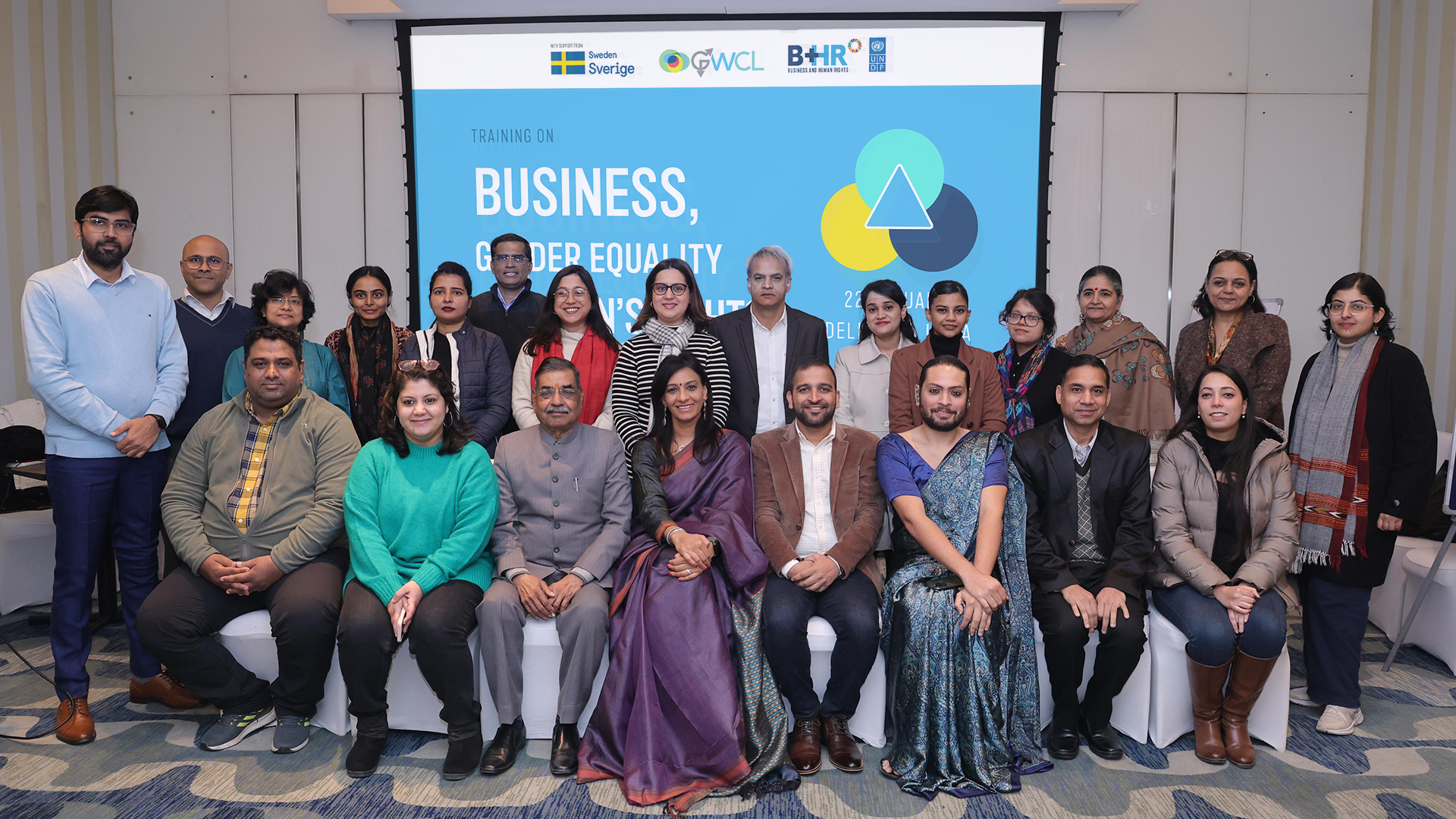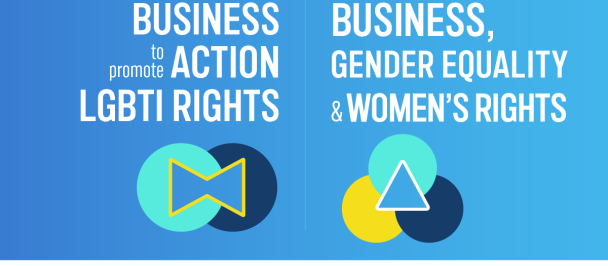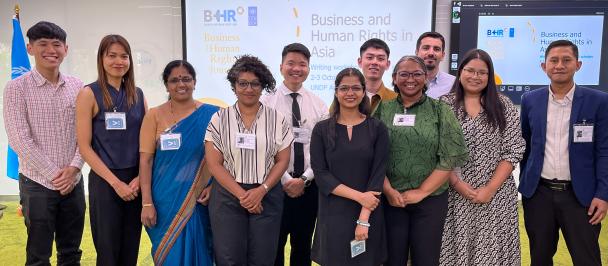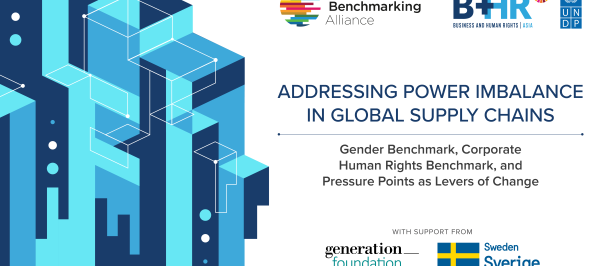Recent trainings in Mumbai and Delhi highlight the benefits of fostering a diverse and inclusive workplace
Promoting gender diversity and inclusion among the Indian business community
February 6, 2024

The benefits of promoting gender equality and diversity in the workplace go beyond simply hitting targets. Studies increasingly emphasize the advantages that fostering a diverse and inclusive workplace can bring to companies.
With the support of the Government of Sweden, UNDP and Gender at Work Consulting recently conducted two training sessions for businesses in India. These sessions aimed to support professionals in driving progress on gender equality within their companies. Professionals from 40 businesses in India representing diverse sectors, such as technology, manufacturing, and agribusiness, participated in trainings on LGBTI rights in Mumbai on 18 January and on gender equality and women’s rights in Delhi on 22 January.
During the trainings, participants identified the main obstacles they face in promoting gender equality, and exchanged strategies to overcome them with gender experts, industry leaders and their peers. Participants strengthened their skills in developing strategies and assessing operations in alignment with international standards on gender, women's rights and LGBTI rights.
The trainings featured conversations with leading diversity, equity and inclusion (DEI) experts in India, including Amrita Padda, from Airtel and Parmesh Shahani from Godrej.
Amrita Padda, Chief People Officer at Bharti Airtel, shared strategies she has used throughout her career to advance gender equality and women’s rights. She highlighted four barriers that hinder women’s equal participation in India: marriage, maternity, mobility and medical and elder care. She also discussed programmes that can help women overcome these obstacles.
“One of the major factors keeping women from entering the workforce is their inability to leave their towns and villages,” she said. “Take advantage of the technology revolution that India has experienced and bring the work to their homes.”
The trainings also included sessions on gender-sensitive language and how to develop and assess policies and operations to ensure they promote a gender-inclusive work environment.
“In 2024, we cannot just say we are taking baby steps,” said Don Hassar, Founder of Himalayan Queer Foundation, emphasizing the urgency of action. “We have to walk the talk and push ourselves to imbibe inclusivity, diversity and equity in the culture of the organization.”
“Right now, there is a moment for DEI, and we really have a few years to make a transformative change,” said Parmesh Shahani, Head of the Godrej DEI Lab at Godrej Industries. “So do whatever it takes right now,” he added.

 Locations
Locations







